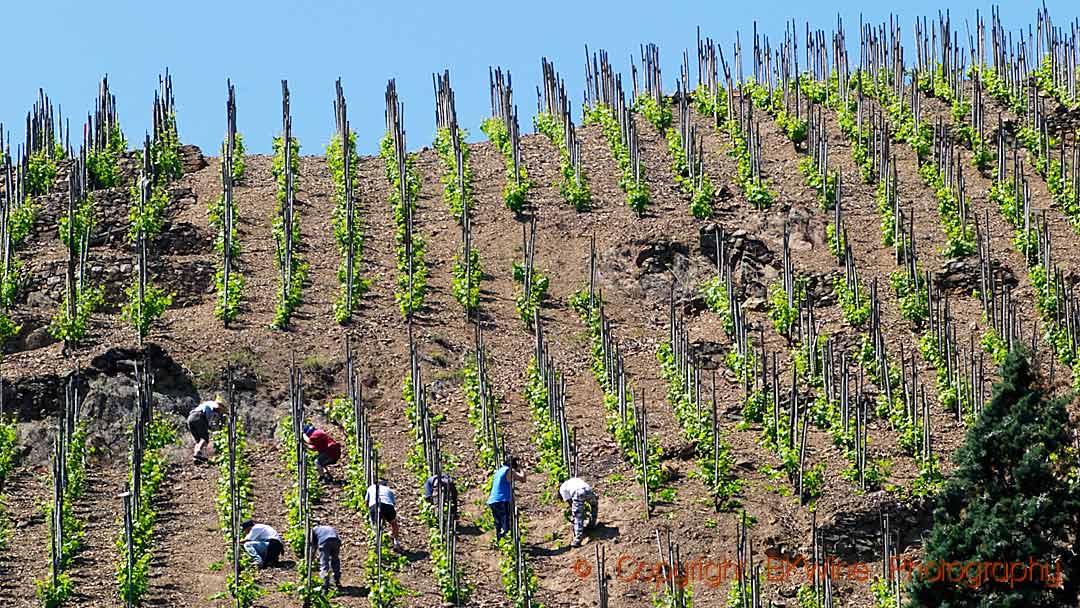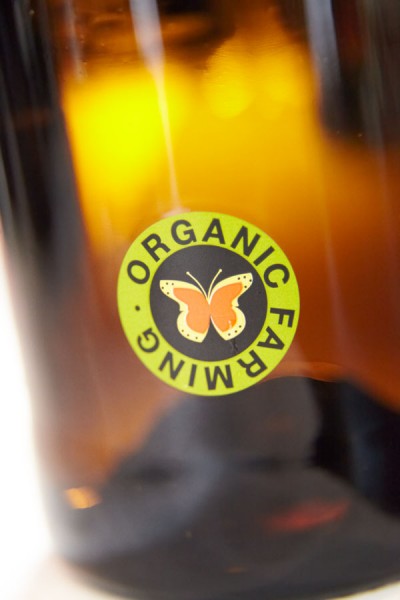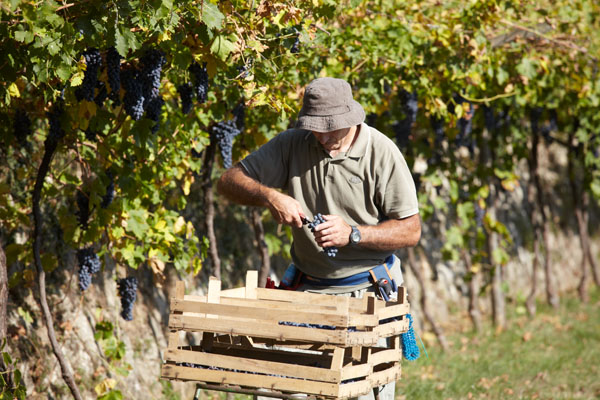Fair trade, sustainable, organic,… Is it perhaps a meaningless terminology?
“Sustainable” is actually quite a curious terminology. Not least for wine. Sometimes it is used as some kind of “super category” embracing everything that is organic, environmentally friendly and sometimes even “ethical”. At other occasions it is used to describe a more narrow type of work practices that take into consideration the environmental effect of things, and yet in other contexts it can be uses for things that don’t fit comfortably into any other category (e.g. “organic”).
“Fair Trade” is also quite vague but in a different way. Usually it has to do with that you pay a certain minimum level of wages (I was going to say “decent” but that is probably not the right word), offer good working conditions, do not use child labour etc.

In some ways it makes it much easier that there are certifications both for organic and for fair trade. Then we, the consumers, can take the easy way out and say that if it is certified organic or certified fair trade then all is fine and well. There are good reasons for that. To do anything else, not just trust a certificate, would require more commitment, more energy, more knowledge and time. And it is of course an argument that the certifying organisations put forward: if it is certified then it is OK. they make a living from the fees producers pay them for inspections of vineyards and wine cellars and for the delivery of the certificate, so one can see the logic.
At the same time one can be “organic” or “fair” (practising fair trade) without being certified. There are quite few “organic” wine producers and wineries who choose not to get the certification. It can be for a variety of different reasons, the cost of the certification, the bureaucracy and paperwork needed, that one does not see it or want it as a sales argument, that one wants to keep a certain flexibility (“if the worst arrives” in the vineyard) and other things. (The counter argument is then that if someone is not certified then they can in practice do whatever they want and can thus not claim to be “organic”.)
A wine producer can in a similar way deal “fairly” with one’s employees, pay decent wages, have good working condition etc without wanting (or having the possibility to) get a certificate. In most countries that is the case. Fair Trade simply does not exist.

So there is another important factor. Fair Trade is relevant, or let’s say existing as a concept, only in a few wine producing countries, mainly South Africa, Chile and Argentina. That’s about it. But in many (most?) other wine producing countries workers also get correct wages and a “fair” work environment. But the Fair Trade label simply does not exist there. That is of course very reasonable and logical. In most other wine producing countries workers are reasonably protected (or are they not?) as it is and there is less need to focus on working conditions. But in a way this gives the “Fair Trade countries” an unfair (!) competitive advantage: a positive aura, a shine of good ethics that comes on “Fair Trade” products but not on others. As a consumer it is easy to forget that Fair Trade almost only exists in Argentina, Chile and South Africa (as far as wine goes).
The conclusion?
No, it is not a meaningless terminology. But all this with sustainable, organic, fair trade etc is not quite as easy as one would like to think or would wish for! There are rarely simple, straight forward and unambiguous answers in this debate. As, by the way, in most cases concerning wine.
Why all this philosophy? Because the Swedish monopoly Systembolaget recently had a tasting of all their wines categorised as sustainable or fair trade and held a seminar for the press on the subject. Our reporter in Stockholm will soon come back with more info.
So, what’s your view on this? Would love to hear your comments!
This could be an interesting subject to bring up at the winery visits if you join us on our upcoming wine tour to Chile and Argentina in South America!











One Response